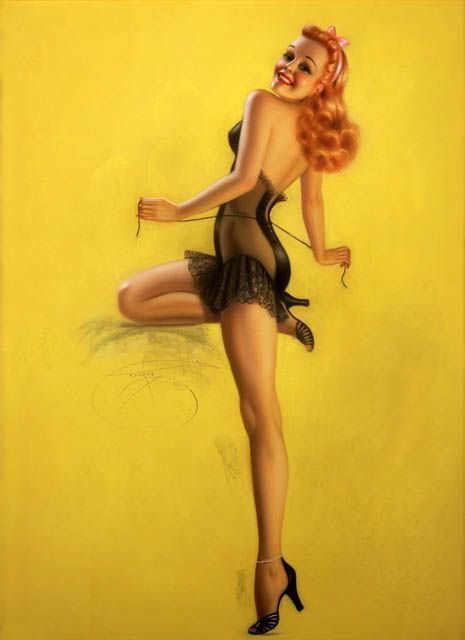Voices: Freeing Culture
"The true aim of culture is to make people as unselfish as possible." - P.T. Barnum
Ever hear a song by the Carter Family called "When the World's on Fire?" Me either. It was recorded in the 1930s. But if I had heard it, I'm sure I'd recognize it. It's apparently got the same melody, almost note for note, as a song you've definately heard before - Woody Guthrie's "This Land Is Your Land."
It's highly probable you most recently heard the strains of Guthrie's widely misunderstood American anthem while watching Jib Jab's free Flash-animated political parody "This Land.
In what might be the most ironic development in the increasingly ugly copyright versus "fair use" wars, Ludlow Music (owner of the rights to Guthrie's song) threatened to sue Jib Jab for copyright infringement. Ludlow Music's lawyers have argued that the Jib Jab's interpretation isn't a parody of "This Land is Your Land" because the song isn't actually about national unity. The song was originally meant as a call to the disenfranchised to stake their rightful claim. The politically-charged tune has unfortunately come to be sung without its two most subversive verses.
Hands down, the most poignant moment of "This Land" is the 30 seconds in which a Native American Indian is pushed aside by symbols of Corporate America. If Jib Jab's animators are making the same statement as Guthrie, how is the animated short a parody of the song? It could be a valid argument, but it's a ridiculous one to pose. It's too bad we just can't ask Woody Guthrie what he thinks about "This Land." But then again, should we have to?
Arlo Guthrie told National Public Radio that while he respects the fact that his father placed a number of his songs under protection, he's pretty sure old Dad would have "absolutely loved the humor" of "This Land."
Guthrie would no doubt be outraged by a world where you can get sued for joking with phrases like "fair and balanced" or "for dummies," and no one except McDonalds (who owns more than 130 trademarks) has the commercial right to say, "We love to see you smile," or "You deserve a break today." Still pending are requests by the Todd M. Beamer Foundation to trademark "Let's roll," and Donald Trump's application for ownership of "You're fired!"
What's most amusing about the "This Land" example is that The Carter Family may have actually stole the melody that Guthrie stole from them. According to BlogJazz.com, Carter Family biographers Mark Zwonitzer and Charles Hirshberg wrote that "When the World's on Fire?" was the Carters' take on a song performed by Mississippi gospel singer Blind Willie Davis. It was one of several "African-American sacred songs" the family of musicians recorded in the '30s.
Once upon a time, that's what artists did. They didn't care to stop you from creating a new interpretation of a song or a story. The sharing of ideas was not considered stealing the food off another's table - especially by the populist Guthrie who paid tribute the Robin Hood-like Pretty Boy Floyd with lines like "Some will rob you with a six-gun, and some with a fountain pen."
Stanford Law School professor Lawrence Lessig has argued vociferously against the control of our literary and musical cultures by corporate interests at the expense of the public interest. In his book "Free Culture: How big media uses technology and the law to lock down culture and control creativity" (available for free download at http://lessig.org) he describes the incredibly shrinking public domain as a "poisoning (of) the ecosystem that fosters innovation." Ideas must be free.
Parody invites us to think critically. It encourages us to change our lens of perspective and see something new in what has already been seen. Perhaps it is a crime that Jib Jab appropriated use of "This Land Is Your Land" without permission. But I'm guessing Guthrie would be far more offended that American's elementary school music teachers taught us a version of his song stripped of the meaning he intended.
--alicia grega-pikul, 12 August 2004
Send e-mail to: apikul@timesshamrock.com.

